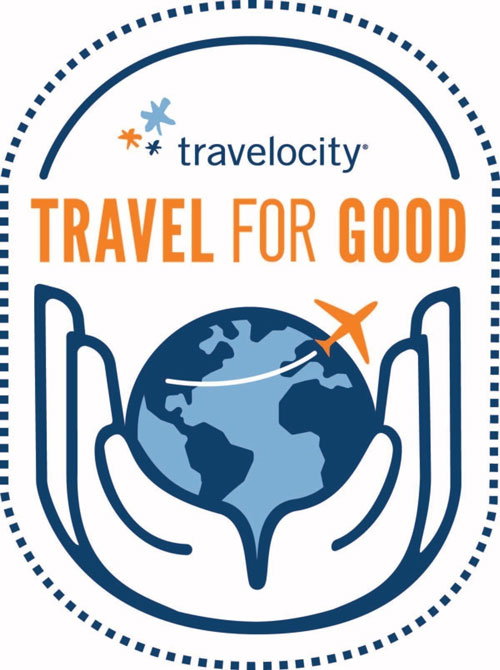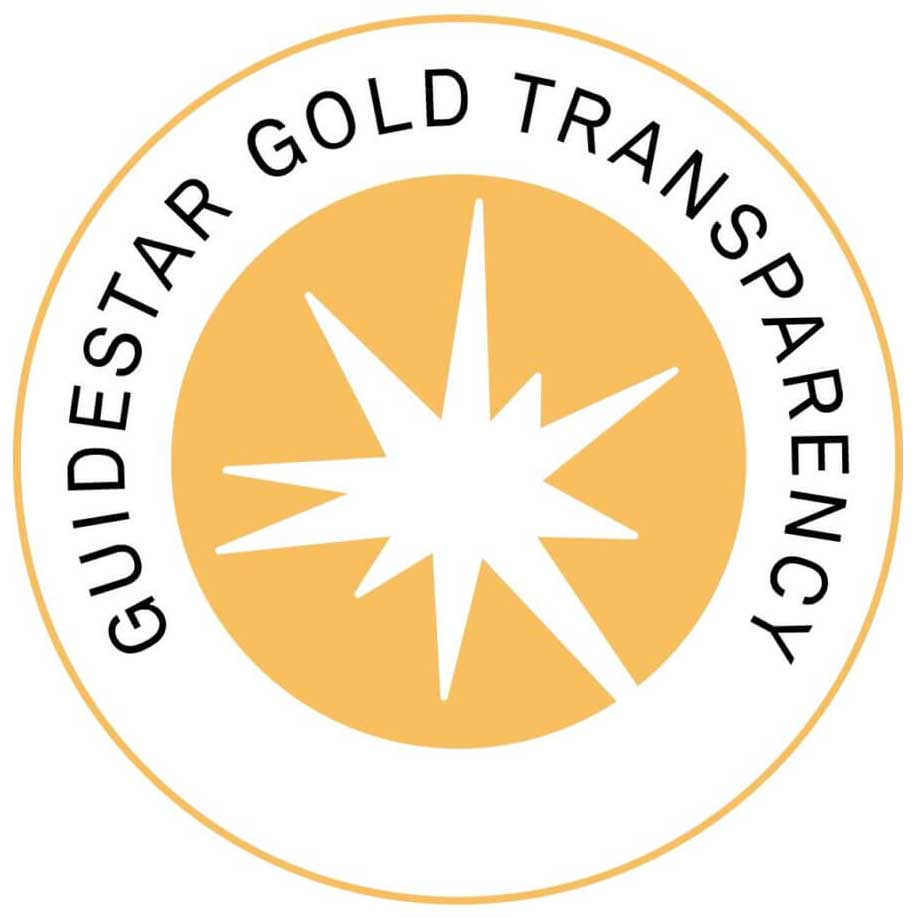Nearly 48 million Americans are planning to travel this Independence Day weekend and setting expectations now and planning ahead can help ease the blow of spending more time and money on the trip. Here are five things Globe Aware volunteers should know before heading to the airport for the Fourth of July and beyond.
Traveling for July Fourth? Here are 5 things to know before flying, driving this weekend.
Eve Chen
USA TODAY
June 28, 2022
Flight cancellations, high gas prices and inflation have already soured countless vacations this summer.
With no quick fixes in sight and nearly 48 million Americans planning to travel at least 50 miles from home this Independence Day weekend, according to AAA, the holiday weekend could feel extra long in more ways than one. Setting expectations now and planning ahead can help ease the blow of spending more time and money on the trip than planned months ago.
Here are five things travelers should know before heading to the airport or hitting the road for the Fourth of July and beyond.

1. Arrive at the airport even earlier than usual
The Transportation Security Administration and airlines recommend passengers arrive at airports at least two hours early for domestic flights and three hours early for international flights on a regular basis.
Even more time is needed to navigate airports and get through security around holidays, but that's especially true now that "revenge travelers" are finally taking trips they put off during the pandemic. TSA screened 2.45 million travelers last Friday. That's the most for any day since February 2020, before COVID-19 shut leisure travel down.
2. Know rights and benefits when flights are canceled or delayed
Travelers should check their flight status well before leaving for the airport. If their flight is canceled for any reason or "significantly delayed" and they choose not to take a different flight, airline customers are entitled to full refunds per Department of Transportation guidelines.
Some airlines may offer travelers who stick with them meal vouchers or hotel stays, depending on the circumstances of the disruption, but they're not required to refund incidental expenses.
Tickets purchased with a credit card may have some trip protection benefits built-in. Travelers should check with their credit card companies instead of assuming they have to eat all the costs out of pocket.
Travel insurance also covers extra expenses due to cancellations and unexpected delays, but it may be too late to purchase last-minute coverage for this weekend.
3. Pack essentials in carry-on luggage
When flights are delayed or luggage gets lost, the last thing travelers need is to be without necessities like medication or even diapers and phone chargers. Pack essentials in carry-on bags in case waits at the airport go longer than planned.
4. Plan to spend more money, especially on gas
The price of gasoline may be ticking down, but it's still high. Tuesday's national average was $4.88 per gallon of regular unleaded, according to AAA. That's less than the $4.97 average a week earlier but significantly more than drivers paid over Memorial Day weekend, when the national average was $4.60.
Just over 50% of respondents surveyed by the travel planning site The Vacationer say gas prices will affect their July Fourth travel plans. And gas prices aren't the only thing going up. Inflation is touching just about everything in travel and elsewhere.
5. Hit the road early
Roads will be busiest Thursday and Friday afternoon and evening, as well as Saturday afternoon, according to transportation analysis provider INRIX and AAA.
Traffic is expected to be light all day Sunday and Monday. Travelers who can't wait until then should aim to drive during off peak hours:
- Thursday: Before 7 a.m. or after 8 p.m.
- Friday: Before 10 a.m. or after 9 p.m.
- Saturday: Before noon or after 7 p.m.













